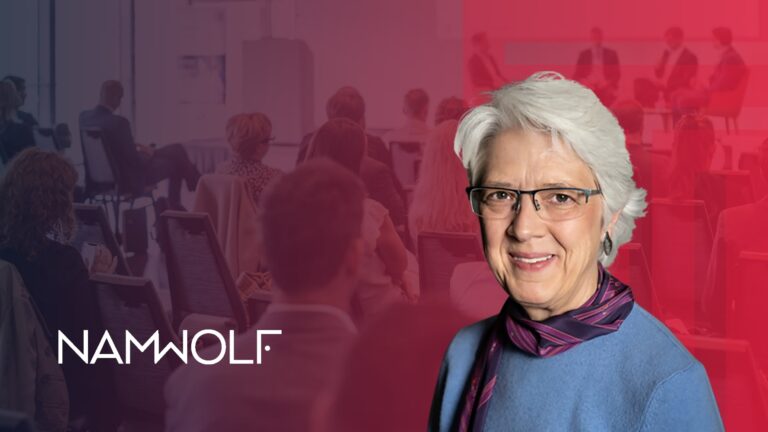 Lifewire recently interviewed Culhane Meadows’ Washington, DC partner Peter Cassat to discuss cybersecurity and data privacy in relation to the wireless communication and auto industries’ exploration of how 5G could make driving safer.
Lifewire recently interviewed Culhane Meadows’ Washington, DC partner Peter Cassat to discuss cybersecurity and data privacy in relation to the wireless communication and auto industries’ exploration of how 5G could make driving safer.
Here are some excerpts from Peter’s interview:
Honda and Verizon are working on figuring out how to use 5G in future vehicles, and experts say it would make driving a whole lot safer.
There already are safety features in some vehicles like rear cross-traffic alerts, collision warnings, and automatic emergency braking, but Honda and Verizon want to further those features in cars using 5G connectivity.
While their work is in the early stages, the companies are hoping that, if 5G ever is implemented in vehicles, it would provide greater safety for everyone on the road.
…
“An increasing importance to think about are municipalities that drive thousands of busses or cable companies that operate thousands of trucks,” Peter Cassat, a partner at Culhane Meadows with a background in the auto industry, told Lifewire over the phone.
“5G will help drivers get the most efficient routes—there are lots of opportunities there.”
Road Bumps Ahead
With increased data comes increased risks to drivers, experts say.
“You have all the same issues you have been talking about for a while: cybersecurity, data privacy, competition,” Cassat said.
“These types of issues are just becoming more heightened as you’re talking about the richness of the data.”
There’s already a lot of data in your vehicle. According to Statista, modern cars can generate up to 25 gigabytes of data per hour, measuring things like performance, location, driving behavior, and physical parameters, often multiple times per second.
For autonomous vehicles to actually be safe and reliable, automakers need access to data—everything from the roads you drive on to your driving habits. Cassat added that consumers might think they are in control of all that data, but that’s not the case.
“Ownership is a loose term and one that’s not necessarily useful when you’re talking about data privacy,” he said. “Manufacturers are in control of that data.”
According to Consumer Reports, manufacturers such as BMW, General Motors, Nissan, Tesla, and Toyota are selling vehicles with data connections to gather a detailed portrait of both the car and the driver.
Like with our smartphones or social media, we’ll soon have to worry about cars getting hacked and the risks associated with that, Cassatt said, instead of just enjoying the ride.
The complete article can be found here.
About Culhane Meadows – Big Law for the New Economy®
The largest woman-owned national full-service business law firm in the U.S., Culhane Meadows fields over 70 partners in ten major markets across the country. Uniquely structured, the firm’s Disruptive Law® business model gives attorneys greater work-life flexibility while delivering outstanding, partner-level legal services to major corporations and emerging companies across industry sectors more efficiently and cost-effectively than conventional law firms. Clients enjoy exceptional and highly-efficient legal services provided exclusively by partner-level attorneys with significant experience and training from large law firms or in-house legal departments of respected corporations. U.S. News & World Report has named Culhane Meadows among the country’s “Best Law Firms” in its 2014 through 2020 rankings and many of the firm’s partners are regularly recognized in Chambers, Super Lawyers, Best Lawyers and Martindale-Hubbell Peer Reviews.
The foregoing content is for informational purposes only and should not be relied upon as legal advice. Federal, state, and local laws can change rapidly and, therefore, this content may become obsolete or outdated. Please consult with an attorney of your choice to ensure you obtain the most current and accurate counsel about your particular situation.







